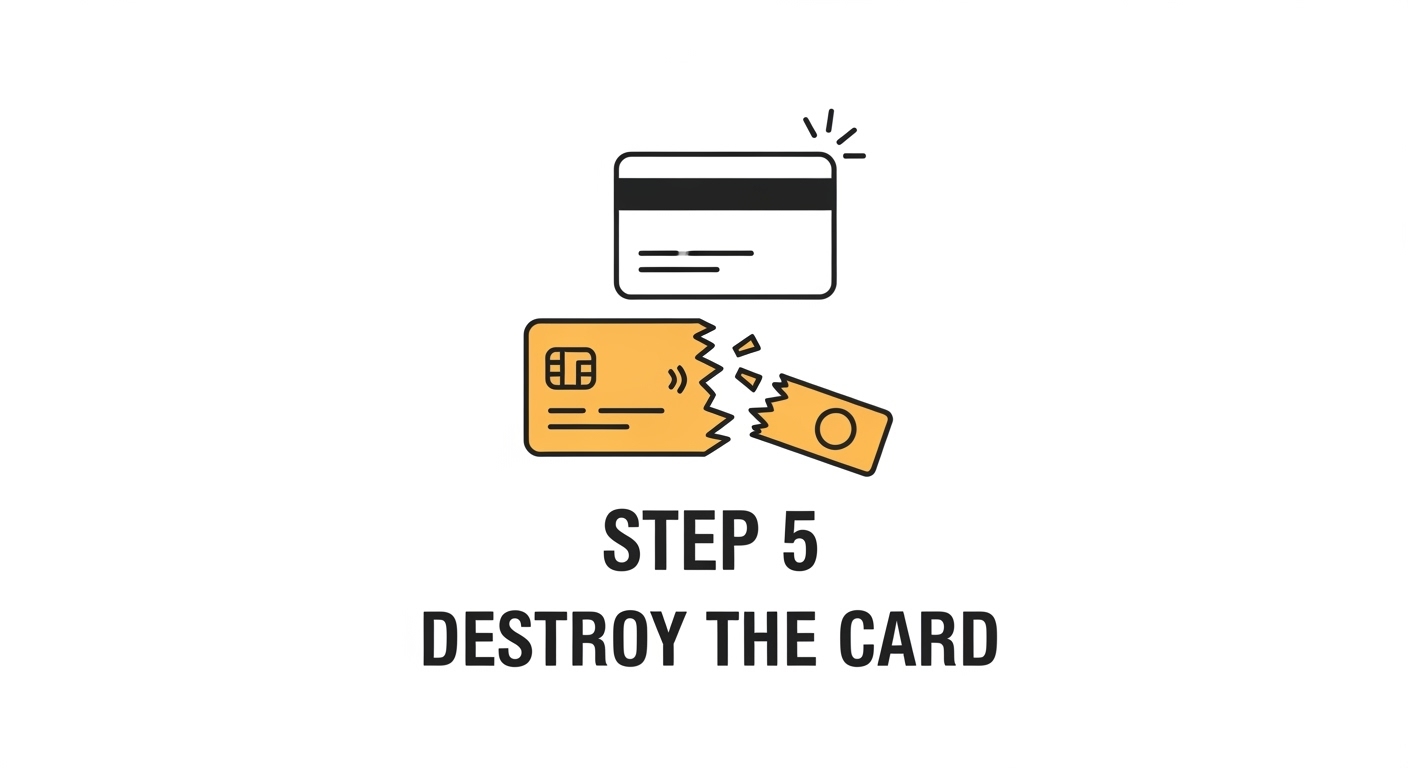How to Close a Credit Card Account?

Closing a credit card might seem like a simple process, but it’s important to do it correctly to protect your credit score and financial health. Whether you’re trying to simplify your finances, avoid high annual fees, or stop overspending, understanding how to properly close a credit card can save you from unnecessary complications.
In this article, we’ll walk you through why, when, and how to close a credit card account safely.
Why You Might Want to Close a Credit Card
There are several valid reasons to close a credit card, including:
- High Fees: If the annual fee outweighs the card’s benefits, it may not be worth keeping.
- Poor Customer Service: Some people prefer switching to issuers with better service or rewards.
- No Longer Useful: You may have upgraded to a better rewards card or no longer need the old one.
- Temptation to Overspend: If a card leads to unnecessary spending, closing it might help manage your budget.
However, before making a decision, it’s essential to understand how closing a credit card can affect your credit score.
The Impact on Your Credit Score
When you close a credit card, it can influence your credit score in two main ways:
- Credit Utilization Ratio:
This ratio measures how much of your total available credit you’re using.- Example: If you have two cards with a total limit of $10,000 and owe $2,000, your utilization is 20%.
- If you close one card with a $5,000 limit, your utilization jumps to 40%, which may hurt your credit score.
- Length of Credit History:
Older accounts help build your credit age, which lenders like to see. Closing a long-standing account could reduce your average account age.
Tip: If your card doesn’t charge an annual fee, consider keeping it open and using it occasionally to maintain your credit history.
Step-by-Step Guide to Closing a Credit Card
Here’s how to close your credit card safely and effectively:
Step 1: Pay Off Your Balance
Before closing your card, ensure the balance is fully paid. Any remaining amount can lead to interest charges or negative marks on your credit report.
Step 2: Redeem Rewards or Points
Many credit cards offer points, miles, or cashback. Redeem these before closing the account, as you’ll likely lose them afterward.
Step 3: Contact Customer Service
Call the number on the back of your card and inform them you want to close your account.
- Be polite but firm.
- Ask for written confirmation that your balance is paid and the account is closed.
Step 4: Follow Up in Writing
Send an email or letter to the credit card issuer confirming your request. Include:
- Your name and account number (partial for security)
- The request for account closure
- A request for confirmation in writing
Step 5: Check Your Credit Report
After a month or two, check your credit report (via sites like Experian, Equifax, or TransUnion) to ensure the account is reported as “Closed by customer.”
If it’s marked incorrectly, contact the issuer to fix it.
Step 6: Destroy the Physical Card
Cut up or shred your card—especially the chip and magnetic strip—to prevent fraud or misuse.
Alternatives to Closing a Credit Card
If your main goal is to reduce fees or control spending, consider these alternatives:
- Request a lower annual fee or switch to a no-fee version of the card.
- Ask for a credit limit reduction instead of closing the account.
- Keep the account open but unused, to preserve your credit history.
Final Thoughts
Closing a credit card isn’t a decision to take lightly. It can simplify your financial life, but it also has potential downsides—especially if it’s an older account or one with a high credit limit.
Before making your final decision:
- Pay off all balances,
- Redeem any rewards,
- And confirm that your account is properly closed in writing.
By following these steps, you can protect your credit score and maintain a healthy financial profile.
In summary:
Closing a credit card is easy—but doing it smartly takes a bit of preparation. If you follow the right steps, you can close your account without damaging your credit standing or losing valuable points.
